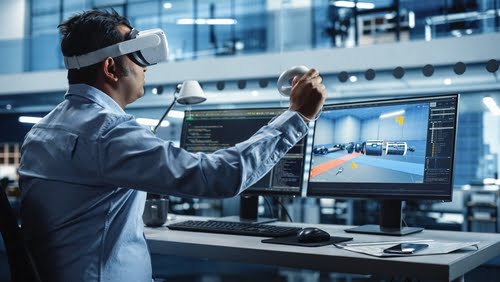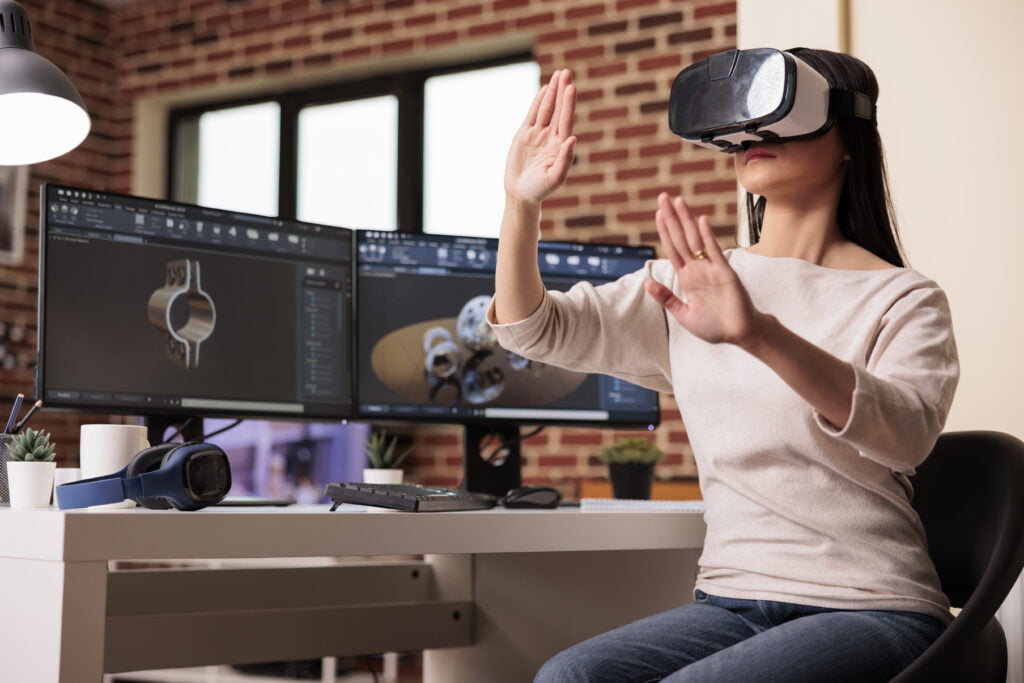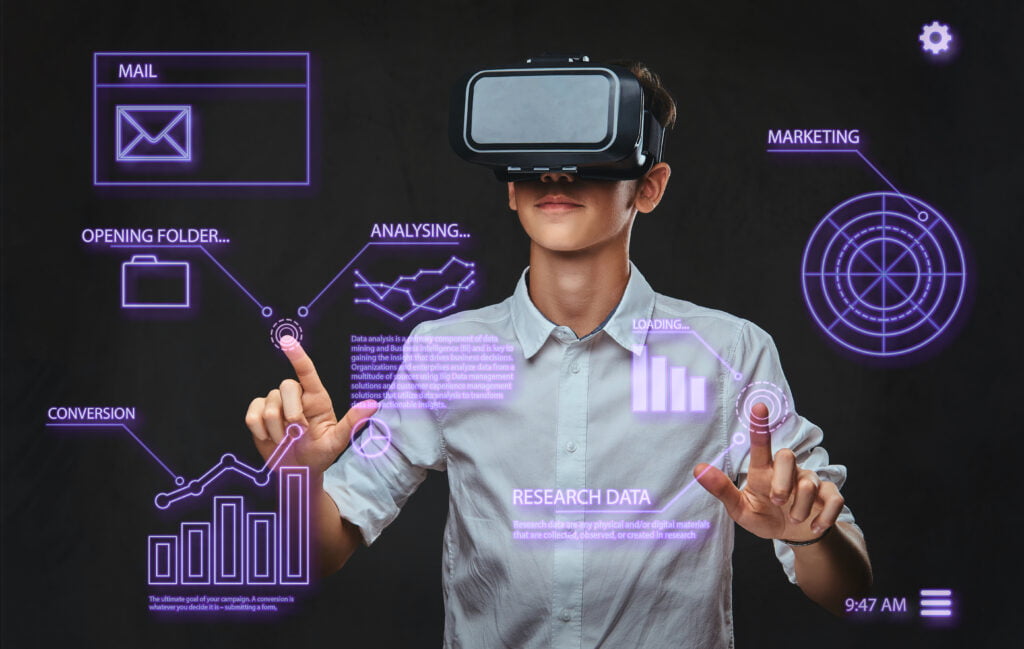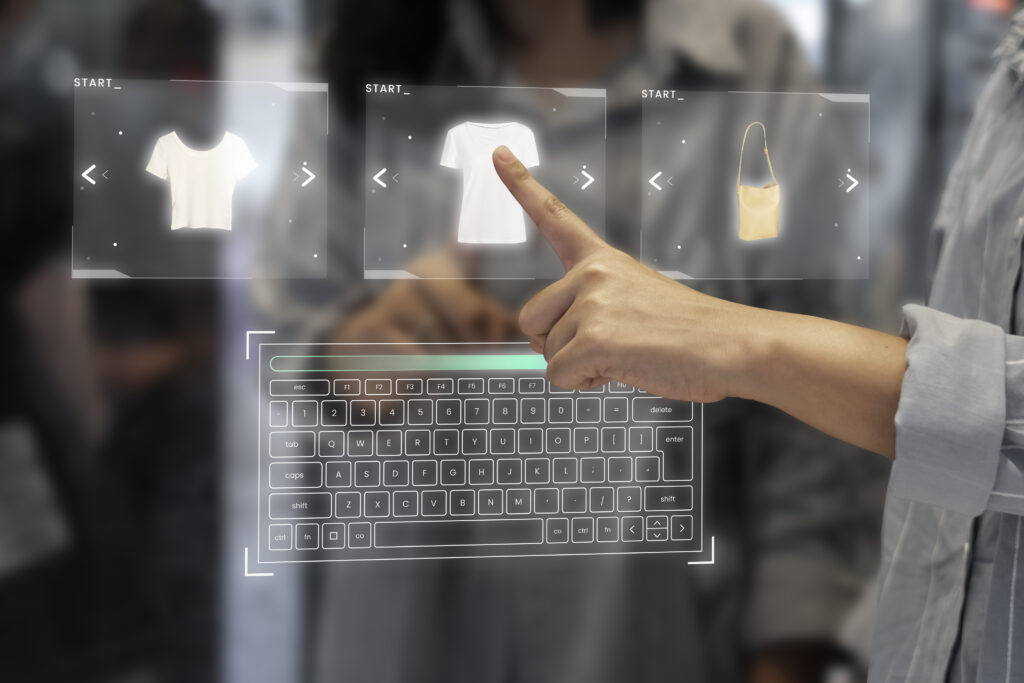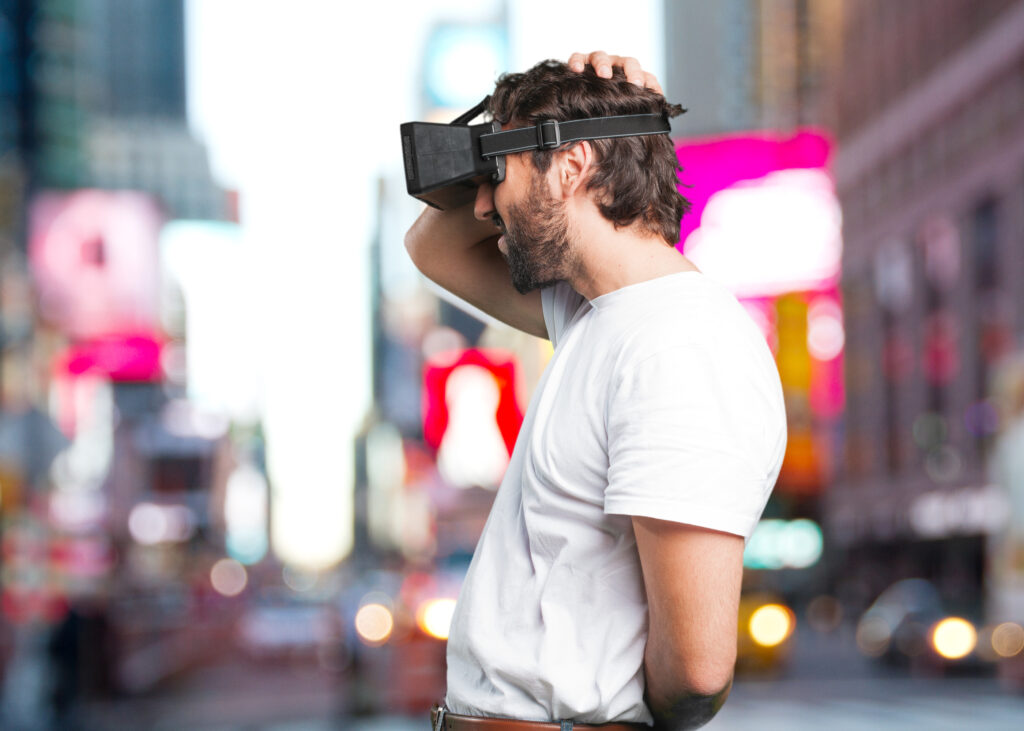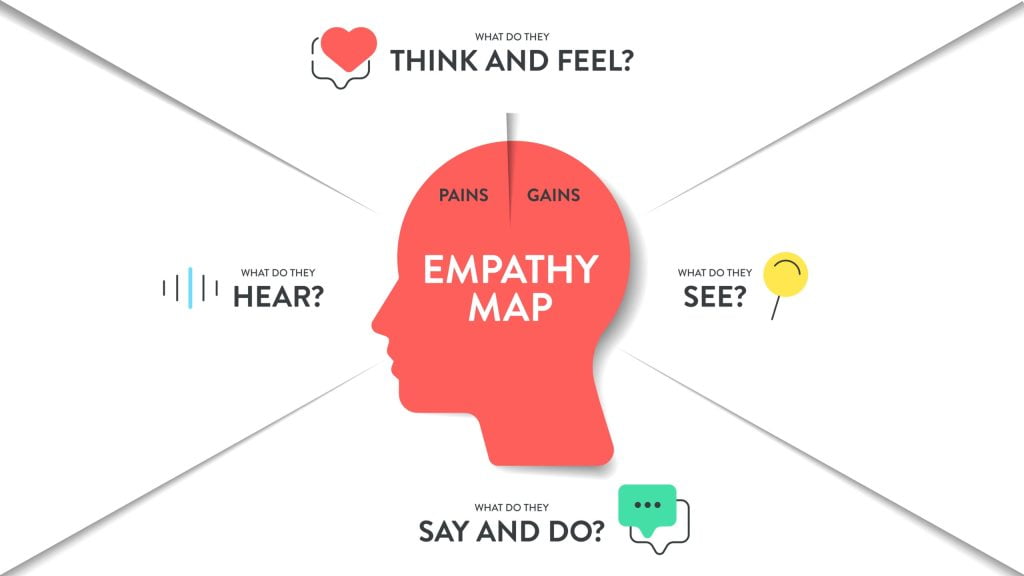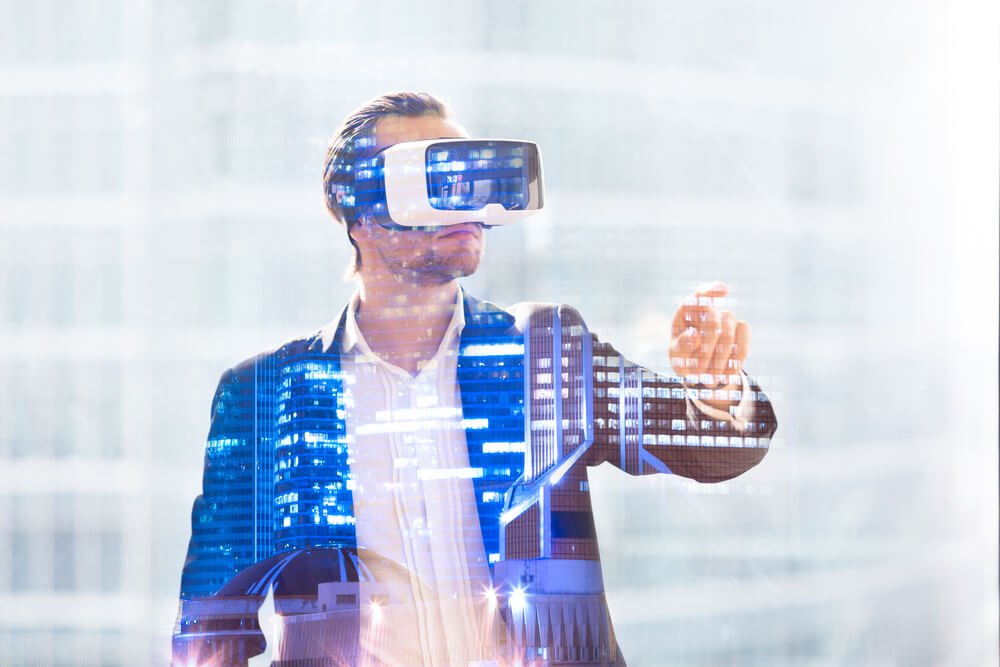What Is the Industrial Metaverse and Why Is It Important?
Table of Contents:
The industrial metaverse is a groundbreaking concept that is reshaping the way we perceive and engage with the manufacturing industry. Just as the metaverse has transformed social interactions in the digital realm, the industrial metaverse is revolutionizing how we design, produce, and operate in the physical world. What is the meaning of the industrial metaverse, and why does it matter? Keep reading to dive into this subject!
What is the industrial metaverse? Definition
The term industrial metaverse refers to an interconnected digital ecosystem specifically designed for the manufacturing industry. It represents a paradigm shift in how we conceptualize and engage with the processes involved in designing, producing, and operating within the manufacturing sector. This concept draws inspiration from the broader metaverse, a concept typically associated with virtual, shared spaces created by the convergence of physical and virtual reality.
In the context of the industrial metaverse, the focus is on seamlessly integrating digital technologies, such as augmented reality (AR), virtual reality (VR), and the Internet of Things (IoT), with traditional manufacturing processes.
Unlike conventional manufacturing methods where physical and digital realms operate independently, the industrial metaverse aims to bridge these gaps, creating a unified environment where virtual and physical elements coexist and interact.
It goes beyond mere digitization, offering a dynamic and immersive experience that enhances collaboration, decision-making, and efficiency across the entire industrial value chain.
The importance of the industrial metaverse
What makes the industrial metaverse so vital? There are a few reasons:
- Collaboration and communication – the industrial metaverse facilitates real-time communication and collaboration among teams dispersed across the globe, which is paramount in a globalized manufacturing landscape. Engineers, designers, and technicians can collaborate seamlessly, bridging geographical gaps and fostering innovation. The integration of VR and AR technologies enables virtual meetings, where stakeholders can interact with 3D models of products and prototypes. This not only expedites decision-making processes but also ensures that all team members have a clear understanding of the project, reducing errors and miscommunications.
- Digital twin technology – one of the cornerstones of the industrial metaverse is the concept of a digital twin, meaning a virtual replica of a physical product or system, constantly updated with real-time data. This technology makes it easier for manufacturers to monitor and analyze the performance of assets throughout their lifecycle. By harnessing the digital twin technology, manufacturers can optimize maintenance schedules, predict equipment failures, and improve overall efficiency. This proactive approach to maintenance not only reduces downtime but also extends the lifespan of industrial equipment, resulting in substantial cost savings.
- Simulation and training – the industrial metaverse serves as a powerful platform for simulation and training purposes. From training assembly line workers to simulating complex production processes, virtual environments offer a risk-free space for hands-on learning. VR simulations allow workers to familiarize themselves with new equipment and procedures, reducing the learning curve when transitioning to new technologies. This not only enhances the skills of the workforce but also minimizes the potential for accidents and errors on the factory floor.
Unlock the future with Mazer: Your innovation partner.
The role of virtual reality technology in the manufacturing industry
To grasp the full potential of the industrial metaverse, it’s crucial to delve into the role of virtual reality (VR) technology in the manufacturing industry. It has emerged as a transformative force, redefining how manufacturers design, prototype, and execute their production processes.
Manufacturers can leverage VR to create immersive 3D models of products, enabling a deeper understanding of design elements and potential issues. VR simulations also allow for realistic testing of prototypes, reducing the need for physical prototypes and streamlining the entire product development cycle.
The takeaway
The industrial metaverse is not a distant vision of the future – it’s a transformative reality that is reshaping the manufacturing industry today. By seamlessly integrating the physical and digital realms, this cutting-edge concept enhances collaboration, streamlines operations, and empowers manufacturers to navigate the complexities of a rapidly evolving global market.
As we embrace the industrial metaverse, the convergence of virtual reality technology and manufacturing becomes a driving force behind innovation. This immersive and interconnected ecosystem is more than just a technological advancement; it’s a catalyst for progress, propelling the manufacturing industry into a world where efficiency, sustainability, and collaboration are at the forefront of success.
You may also read: The Metaverse in the Industry Sector
What is the industrial metaverse?
The industrial metaverse is an interconnected digital ecosystem tailored for the manufacturing industry, integrating technologies like augmented reality (AR), virtual reality (VR), and the Internet of Things (IoT) to bridge the gap between physical and digital realms in manufacturing processes.
How does the industrial metaverse enhance collaboration?
Features like VR and AR technologies enable virtual meetings, allowing stakeholders to interact with 3D models, expediting decision-making and reducing errors.
Why is simulation and training essential in the industrial metaverse?
The industrial metaverse serves as a powerful platform for simulation and training in manufacturing. It provides a risk-free space for hands-on learning, from training assembly line workers to simulating complex production processes.
Unlock the future with Mazer: Your innovation partner.
Author: Rafał Siejca
Rafal has over twenty years of corporate experience, including roles at Millennium Bank, Comarch, and leading software teams at PZU, one of Europe’s largest insurance companies.As one of Poland’s few true VR experts with a decade of experience, he ensures timely, high-quality project delivery as CEO and CTO.

